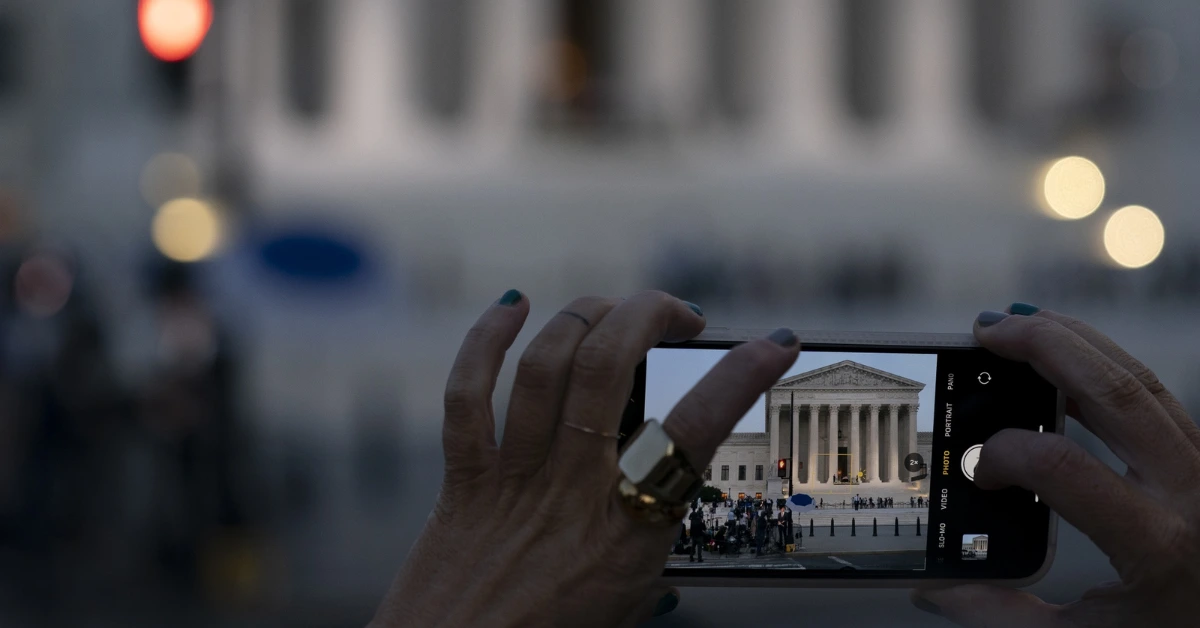On Monday, the U.S. Supreme Court requested input from the administration of President Joe Biden regarding whether it should examine Republican-backed laws in Texas and Florida that would undermine efforts by significant social media companies to limit the content that is deemed objectionable on their platforms—actions the states refer to as impermissible censorship.
The justices are considering two issues involving challenges to state laws; they were filed by the technology trade associations NetChoice and the Computer & Communications Industry Association, whose members include Twitter, Facebook, YouTube, and Meta Platforms Inc’s (NASDAQ: META) Facebook.
Advocates for the wise application of content filtering have argued for the necessity to stop misinformation and support for extremist causes, in contrast to supporters of the laws who claim that social media companies have repressed conservative voices.
While the industry groups are appealing a different lower court ruling maintaining the Texas legislation, which the Supreme Court had earlier in the case barred, Florida is seeking to reinstate its statute after a lower court mainly ruled against it.
The cases would put to the test the claim made by the business associations that the First Amendment’s protection of free speech protects social media platforms’ right to editorial discretion and forbids the government from compelling them to publish and disseminate content against their will or reveal their internal content moderation procedures.
The corporations claim that spam, bullying, extremism, and hate speech would increase on their websites without editorial control. In reaction to the claim made by numerous American conservatives and right-wing commentators that major technology companies, frequently referred to as Big Tech, routinely repress their viewpoints, the Republican states passed their laws in 2021.
These people use the decision by Twitter to permanently suspend Republican then-President Donald Trump from the service following his supporters’ attack on the U.S. Capitol on January 6, 2021, citing “the risk of additional inciting of violence.”
By revealing their censorship policies and applying them “consistently among its users,” platforms with at least 100 million users are required by Florida law to “host some speech that they might otherwise prefer not to host.” Additionally, it forbids the exclusion of any political candidates.
The Texas legislation prohibits social media businesses from “censoring” consumers based on “viewpoint” if they have at least 50 million active users each month.
The 5th U.S. Circuit Court of Appeals in New Orleans affirmed the Texas statute in 2022, stating it “chills absolutely no expression. It chills censorship to the extent that it chills anything.”
The 11th U.S. Circuit Court of Appeals in Atlanta overturned most Florida statutes in 2022. Still, it affirmed the legitimacy of the parts mandating websites to disclose information such as content moderation standards and rule revisions.


